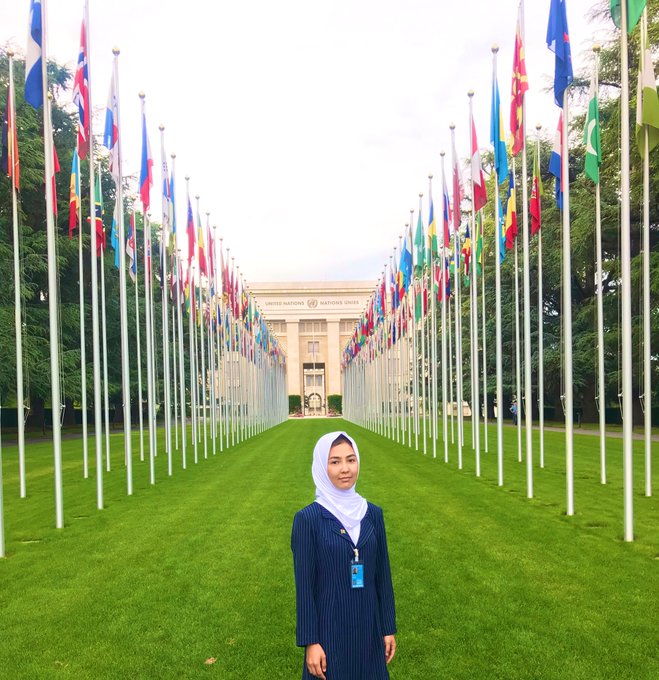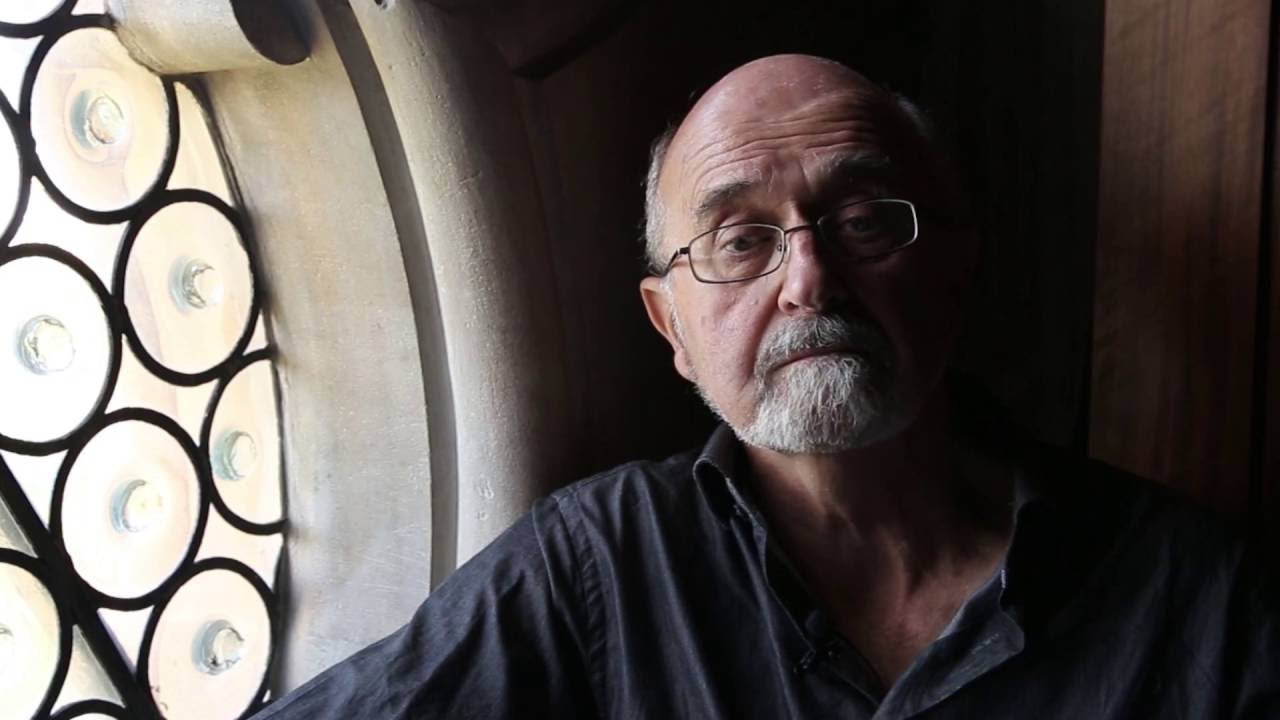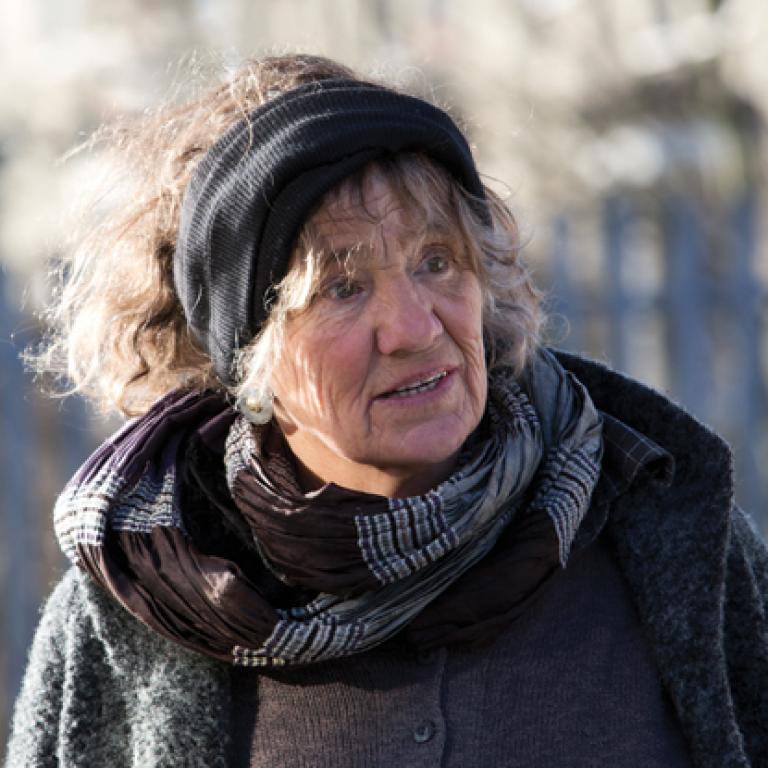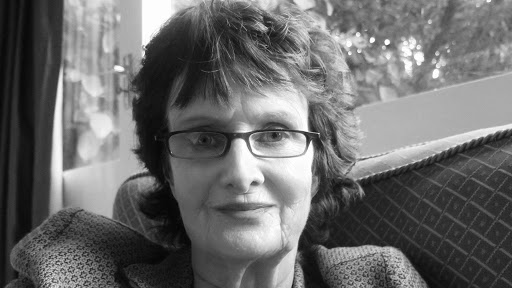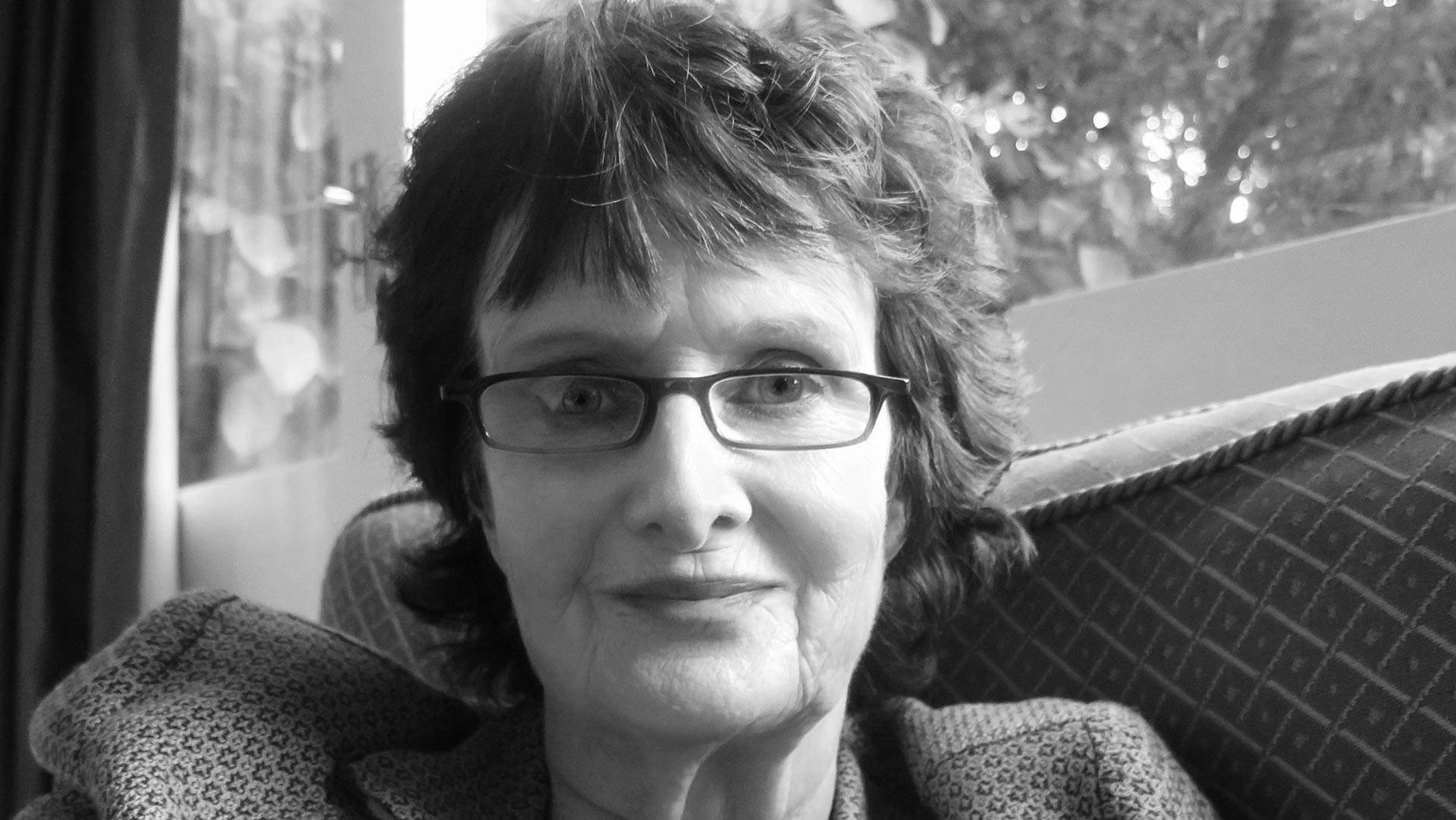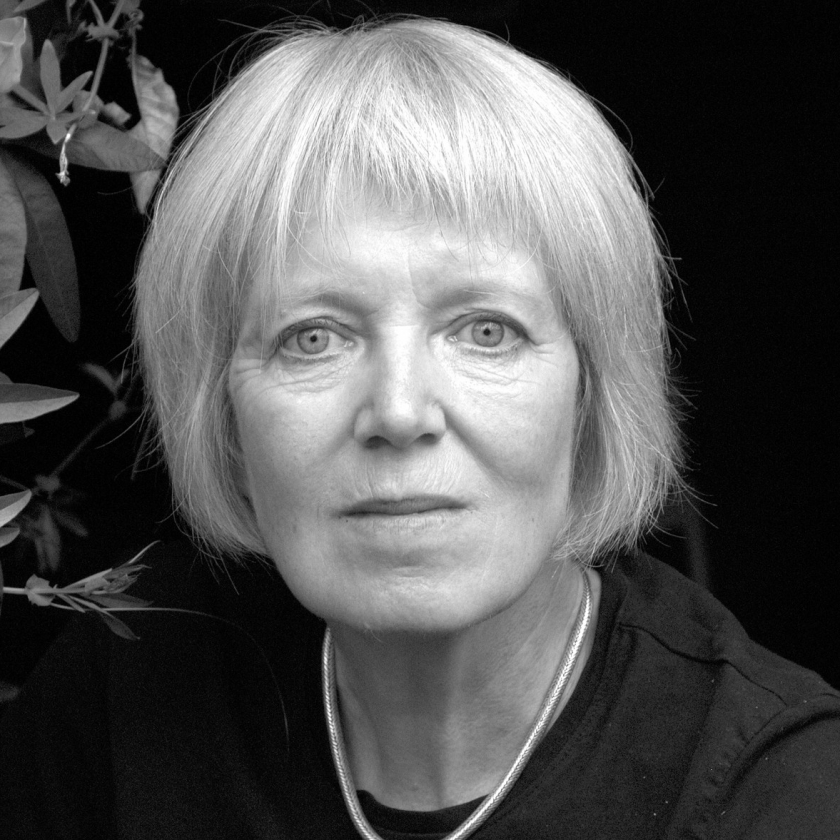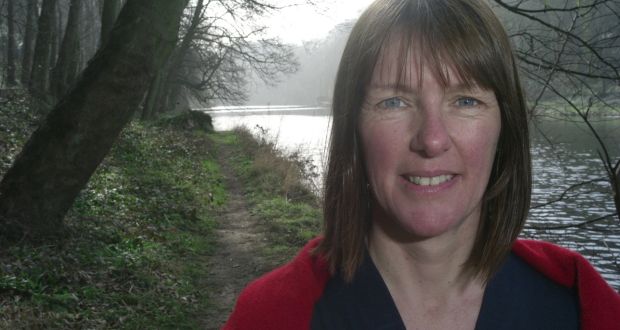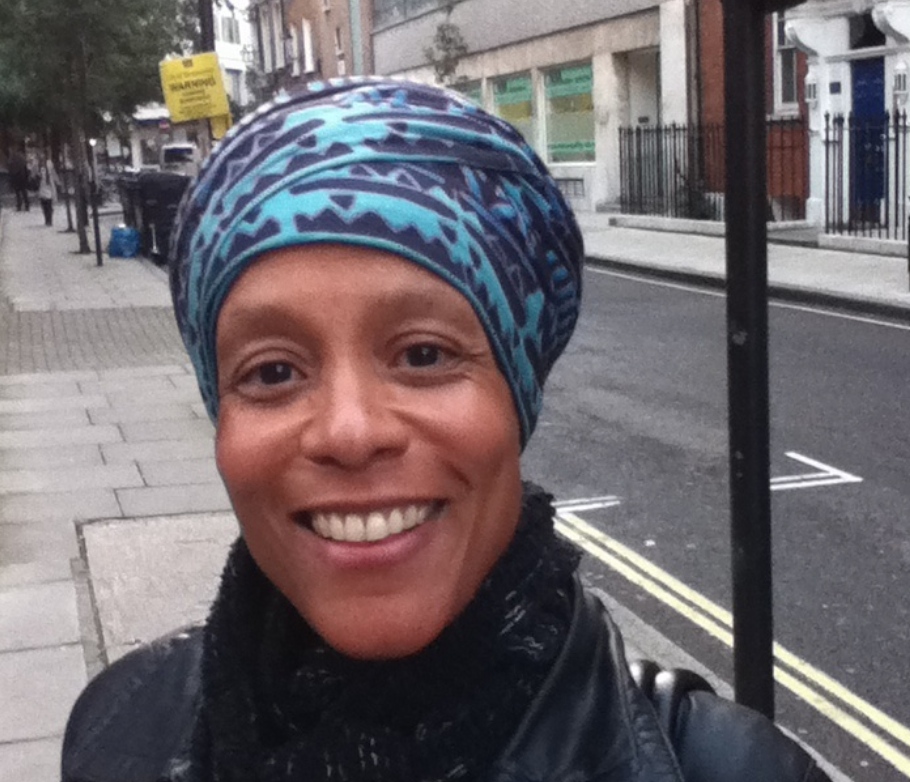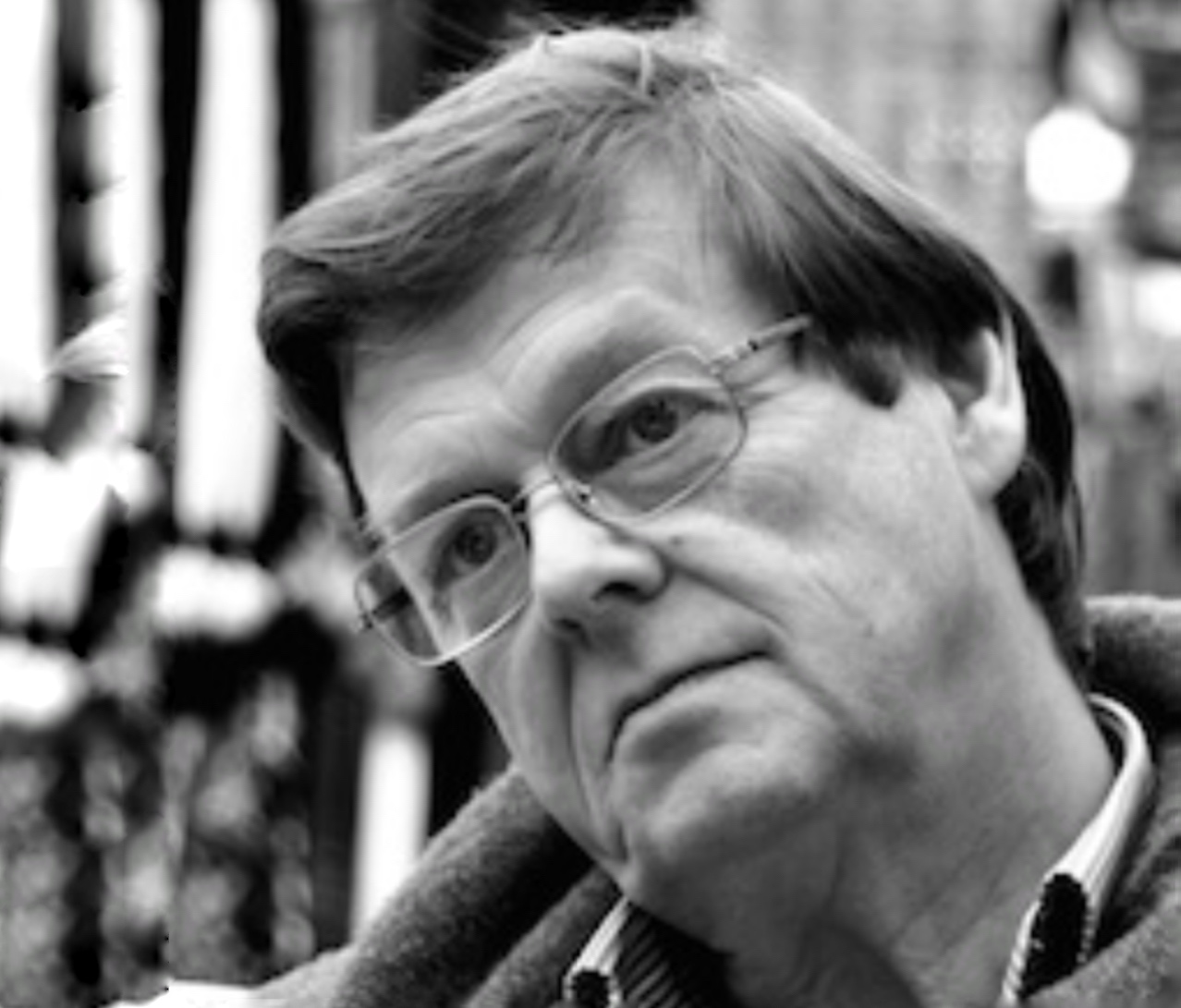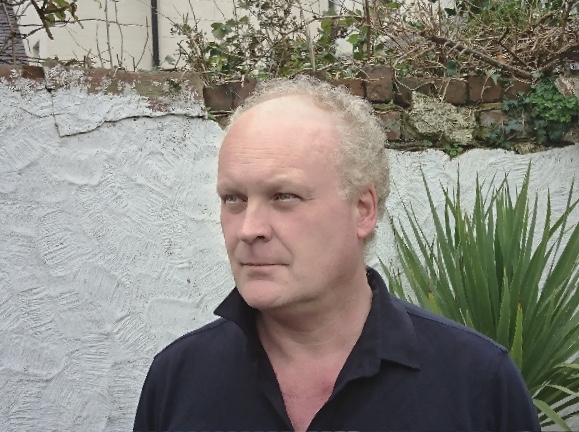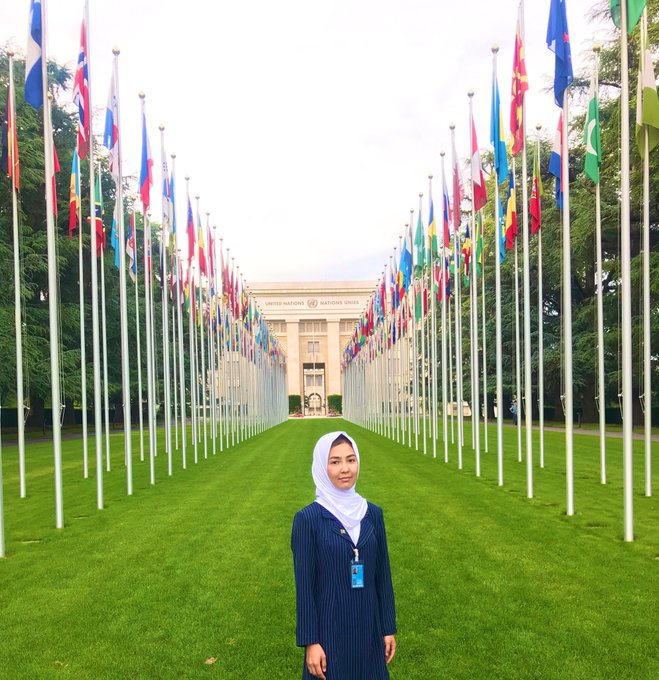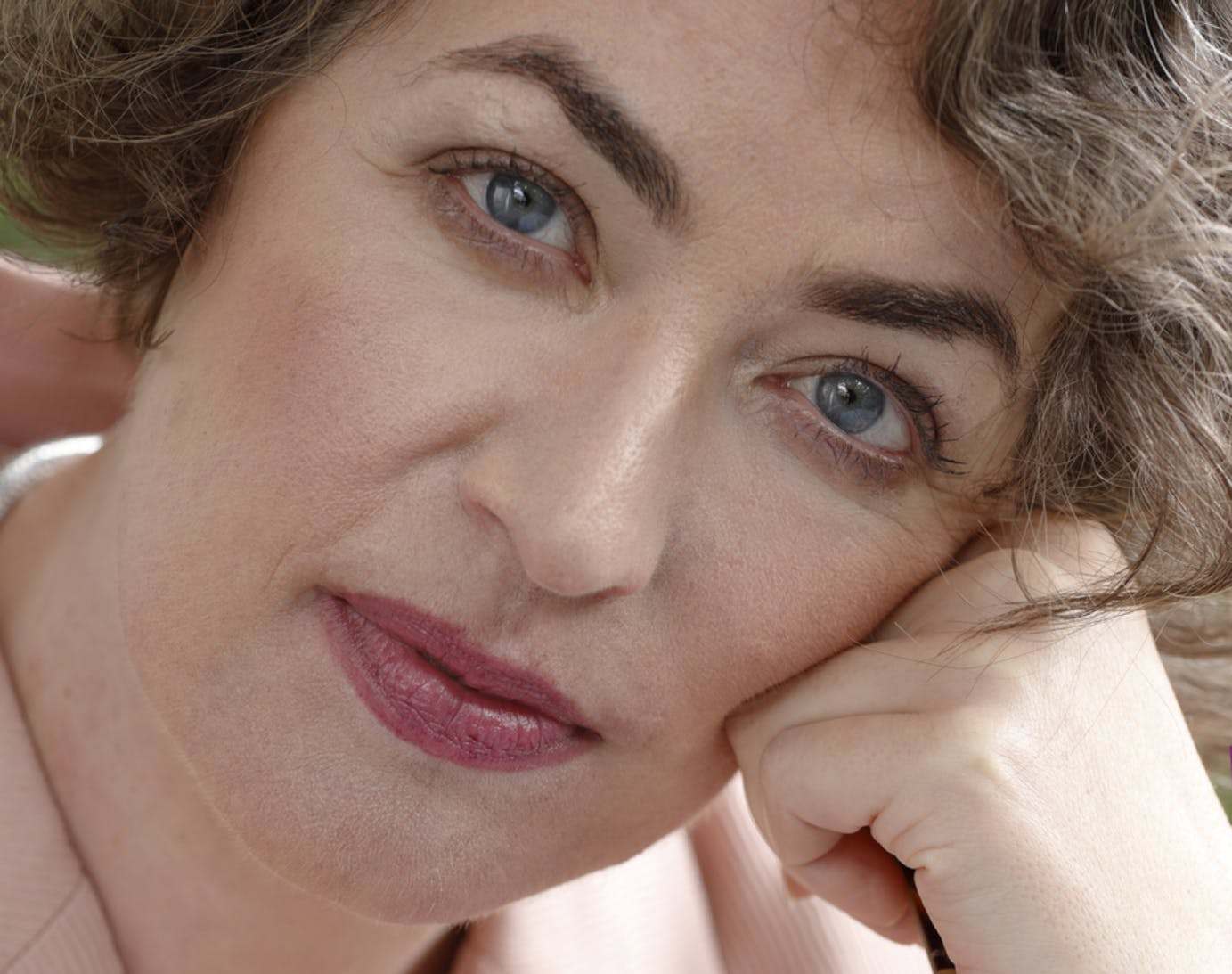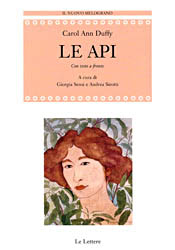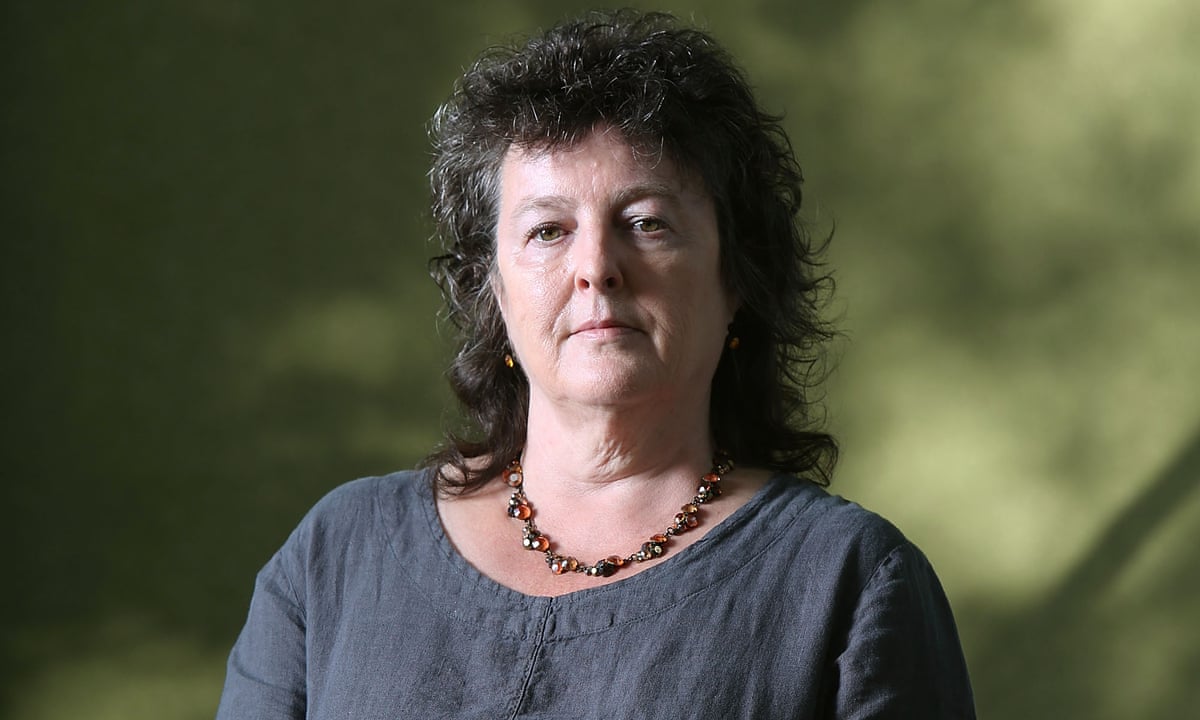
Carole Ann Duffy
Da Un Natale inglese, poesie scelte (Christmas Poems di Carol Ann Duffy), a cura di Giorgia Sensi e Andrea Sirotti, illustrazioni di Simone Pagliai, Editoriale Le Letter, 2018
The Christmas Truce
Christmas Eve in the trenches of France,
the guns were quiet.
The dead lay still in No Man’s Land –
Freddie, Franz, Friedrich, Frank . . .
The moon, like a medal, hung in the clear, cold sky.
Silver frost on barbed wire, strange tinsel,
sparkled and winked.
A boy from Stroud stared at a star
to meet his mother’s eyesight there.
An owl swooped on a rat on the glove of a corpse.
In a copse of trees behind the lines,
a lone bird sang.
A soldier-poet noted it down – a robin
holding his winter ground –
then silence spread and touched each man like a hand.
Somebody kissed the gold of his ring;
a few lit pipes;
most, in their greatcoats, huddled,
waiting for sleep.
The liquid mud had hardened at last in the freeze.
But it was Christmas Eve; believe; belief
thrilled the night air,
where glittering rime on unburied sons
treasured their stiff hair.
The sharp, clean, midwinter smell held memory.
On watch, a rifleman scoured the terrain –
no sign of life,
no shadows, shots from snipers,
nowt to note or report.
The frozen, foreign fields were acres of pain.
Then flickering flames from the other side
danced in his eyes,
as Christmas Trees in their dozens shone,
candlelit on the parapets, and
they started to sing, all down the German lines.
Men who would drown in mud, be gassed, or shot,
or vaporised
by falling shells, or live to tell,
heard for the first time then –
Stille Nacht. Heilige Nacht. Alles schläft, einsam wacht …
Cariad, the song was a sudden bridge
from man to man;
a gift to the heart from home,
or childhood, some place shared …
When it was done, the British soldiers cheered.
A Scotsman started to bawl The First Noel
and all joined in,
till the Germans stood, seeing
across the divide,
the sprawled, mute shapes of those who had died.
All night, along the Western Front, they sang,
the enemies –
carols, hymns, folk songs, anthems,
in German, English, French;
each battalion choired in its grim trench.
So Christmas dawned, wrapped in mist,
to open itself
and offer the day like a gift
for Harry, Hugo, Hermann, Henry, Heinz …
with whistles, waves, cheers, shouts, laughs.
Frohe Weinachten, Tommy! Merry Christmas, Fritz!
A young Berliner,
brandishing schnapps,
was the first from his ditch to climb.
A Shropshire lad ran at him like a rhyme.
Then it was up and over, every man,
to shake the hand
of a foe as a friend,
or slap his back like a brother would;
exchanging gifts of biscuits, tea, Maconochie’s stew,
Tickler’s jam … for cognac, sausages, cigars,
beer, sauerkraut;
or chase six hares, who jumped
from a cabbage-patch, or find a ball
and make of a battleground a football pitch.
I showed him a picture of my wife.
Ich zeigte ihm
ein Foto meiner Frau.
Sie sei schön, sagte er.
He thought her beautiful, he said.
They buried the dead then, hacked spades
into hard earth
again and again, till a score of men
were at rest, identified, blessed.
Der Herr ist mein Hirt … my shepherd, I shall not want.
And all that marvellous, festive day and night,
they came and went,
the officers, the rank and file,
their fallen comrades side by side
beneath the makeshift crosses of midwinter graves …
… beneath the shivering, shy stars
and the pinned moon
and the yawn of History;
the high, bright bullets
which each man later only aimed at the sky.
La tregua di Natale
Vigilia di Natale nelle trincee francesi,
i cannoni tacevano.
I morti non si muovevano nella Terra di Nessuno –
Freddie, Franz, Friedrich, Frank …
La luna, come una medaglia, pendeva nel cielo terso e freddo.
Sul filo spinato il luccicchìo della brina era bizzarra
canutiglia d’argento.
Un ragazzo di Stroud fissò una stella
per incontrarvi lo sguardo della madre.
Un gufo piombò su un ratto sul guanto di un morto.
In un boschetto nelle retrovie,
un uccellino solitario cantò.
Un soldato-poeta lo annotò – un pettirosso
mantiene il suo territorio invernale –
poi scese il silenzio e come una mano toccò ogni singolo uomo.
Qualcuno baciò l’oro del suo anello;
alcuni accesero la pipa;
quasi tutti, nei loro pastrani, si strinsero
ad aspettare il sonno.
Il fango liquido si era infine indurito nel gelo.
Ma era la vigilia di Natale; credete; la fede
elettrizzava la notte,
e la brina luccicante sui figli insepolti
ne impreziosiva i capelli irrigiditi.
L’odore aspro, secco dell’inverno serbava il ricordo.
Una sentinella perlustrava il terreno –
non un segno di vita,
né ombre né spari di cecchini,
nulla da notare o riportare.
Gli agri stranieri, gelati, erano campi di dolore.
Poi fiammelle tremolanti dalla parte opposta
gli danzarono negli occhi,
brillarono come decine di alberi di Natale,
lucine di candela sui parapetti, e
là, lungo le linee tedesche, si cominciò a cantare.
Uomini che sarebbero annegati nel fango, gassificati, annichiliti,
colpiti
da scrosci di granate, o sopravvissuti per raccontare,
udirono allora per la prima volta –
Stille Nacht. Heilige Nacht. Alles schläft, einsam wacht …
Cariad, il canto fu un ponte improvviso
da uomo a uomo;
un dono al cuore da casa,
o dall’infanzia, da un luogo condiviso …
Finita la canzone, i soldati britannici applaudirono.
Un soldato scozzese attaccò a squarciagola The First Noel
e tutti dietro,
finché i tedeschi si alzarono in piedi, e videro
attraverso la linea di separazione,
le forme mute, scomposte, di chi era morto.
Per tutta la notte, lungo il Fronte Occidentale, cantarono,
i nemici –
canti di Natale, canzoni popolari, inni nazionali,
in tedesco, inglese, francese;
ogni battaglione in coro nella sua cupa trincea.
Così spuntò l’alba di Natale, avvolta nella nebbia,
per aprirsi
e offrire quel giorno come un dono
a Harry, Hugo, Hermann, Henry, Heinz …
con fischi, saluti, urrà, grida, risate.
Frohe Weinachten, Tommy! Merry Christmas, Fritz!
Un giovane di Berlino,
brandendo schnapps,
fu il primo a uscire dal fossato.
Un ragazzo dello Shropshire gli corse incontro come una rima.
E fu tutto un correre su, ognuno di loro,
a stringere la mano
del nemico come fosse un amico,
o dargli una pacca sulla spalla come un fratello;
e scambiarsi doni di biscotti, tè, stufato Machonochie,
marmellata Tickler… cognac, salsicce, sigari,
birra, sauerkraut;
o rincorrere sei lepri, saltate fuori
da un orticello di cavoli, o trovare un pallone
e trasformare un campo di battaglia in un campo di calcio.
Gli ho mostrato una foto di mia moglie.
Ich zeigte ihm
ein Foto meiner Frau.
Sie sei schön, sagte er.
Quanto è bella, ha detto lui.
Poi seppellirono i morti, spinsero le vanghe
nella terra indurita
più e più volte, finché una ventina di uomini
non furono in pace, identificati, benedetti.
Der Herr ist mein Hirt … il mio pastore, non manco di nulla.
E per tutto quel giorno e quella notte, festosi, meravigliosi,
ci fu un viavai
di ufficiali, di truppa,
i compagni caduti fianco a fianco
sotto le croci improvvisate di tombe invernali …
… sotto le stelle timide, tremule
e la luna infilzata
e lo sbadiglio della Storia;
i proiettili lucidi, alti
che ciascun uomo da allora diresse soltanto al cielo. Continua a leggere→


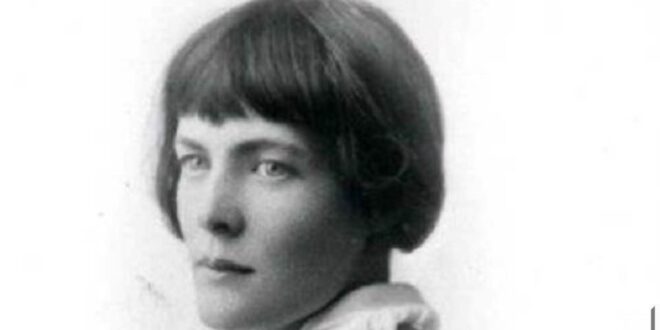

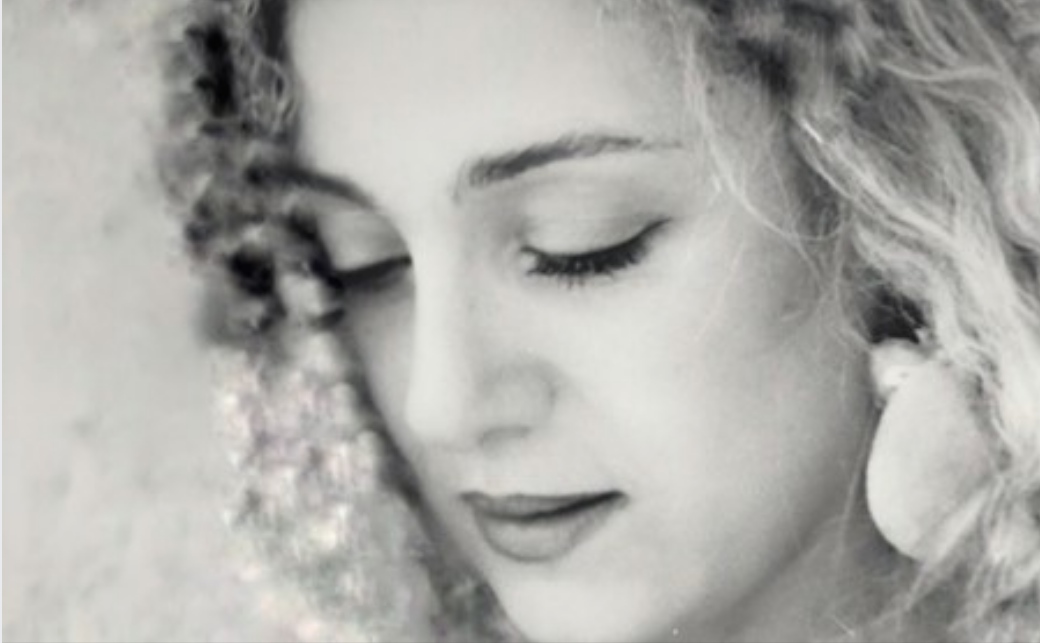
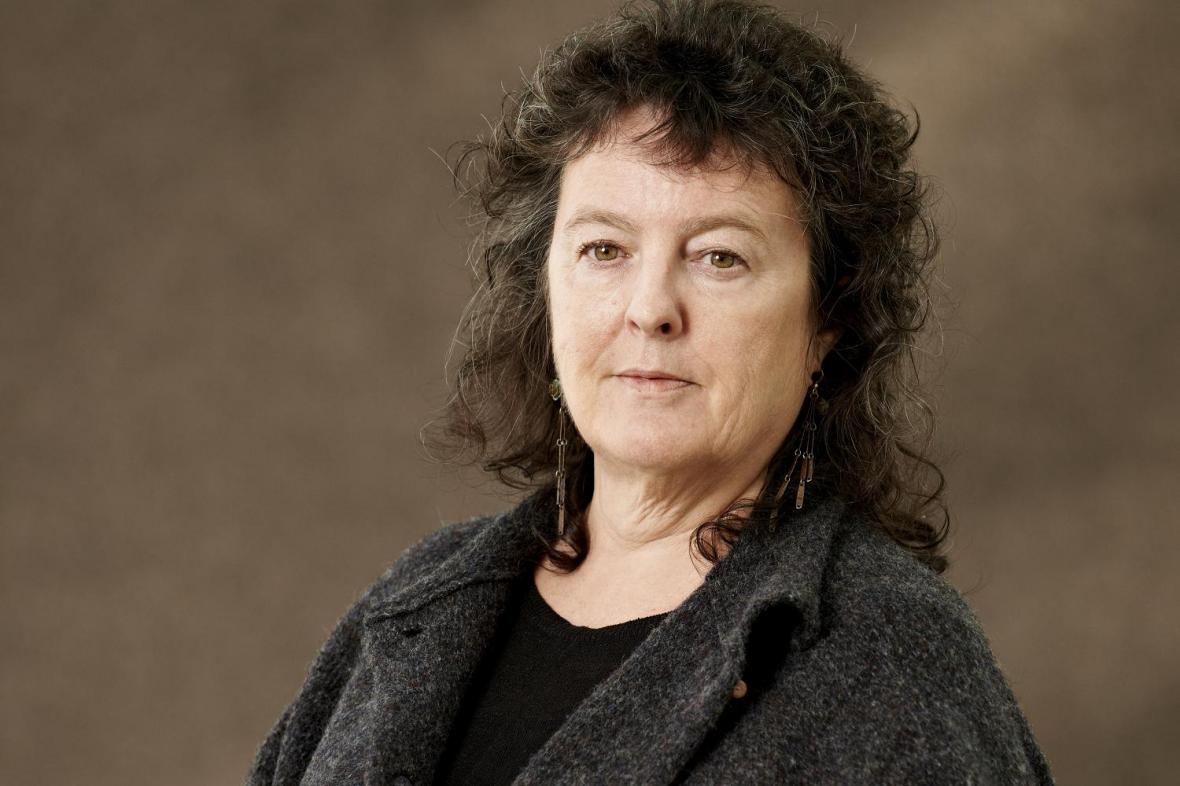

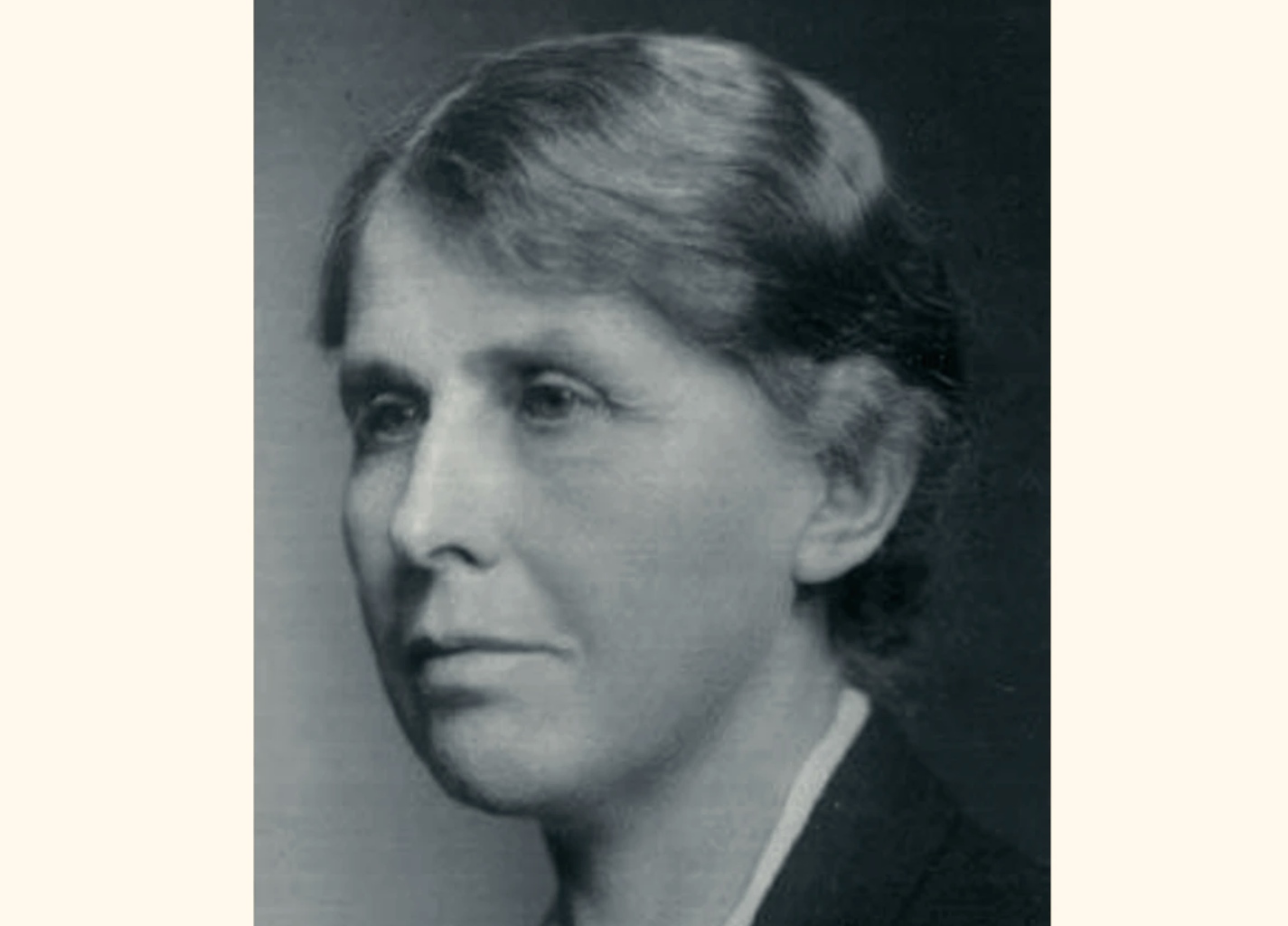


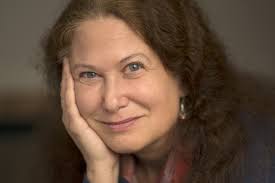
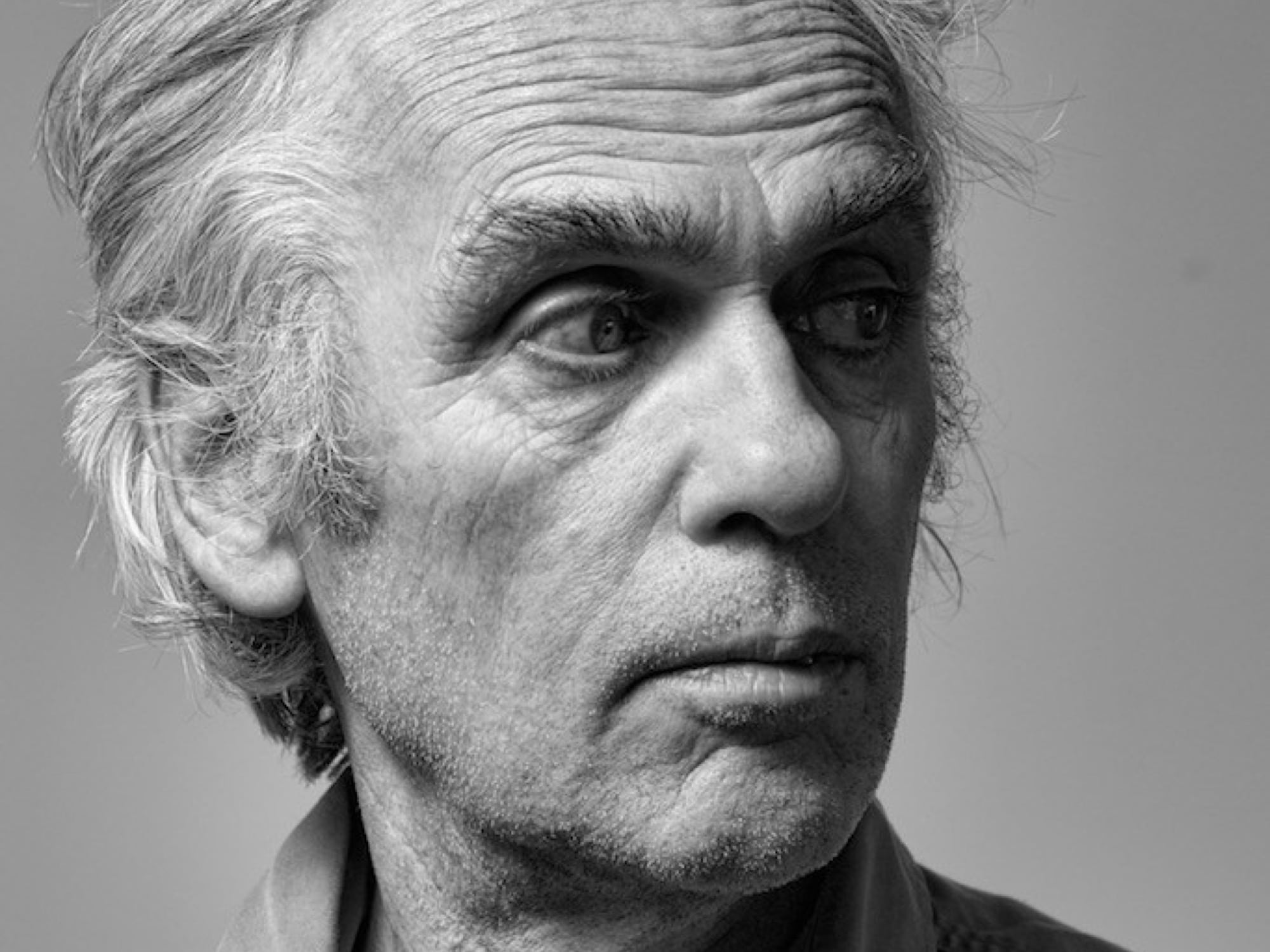


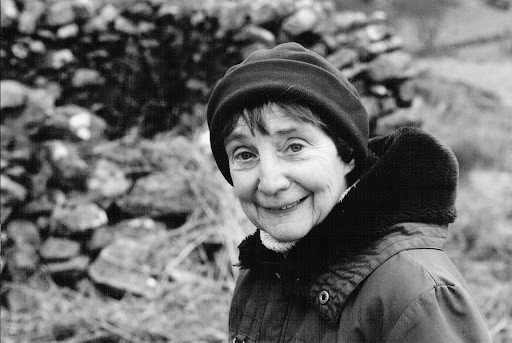
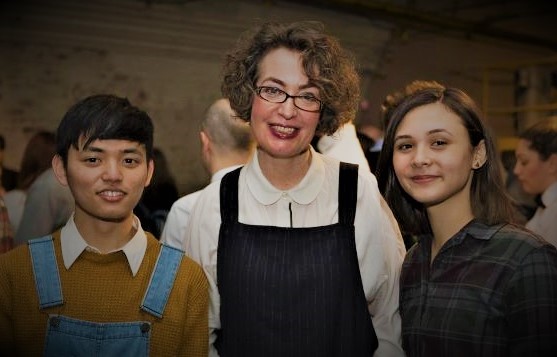
 I Want a Poem
I Want a Poem

